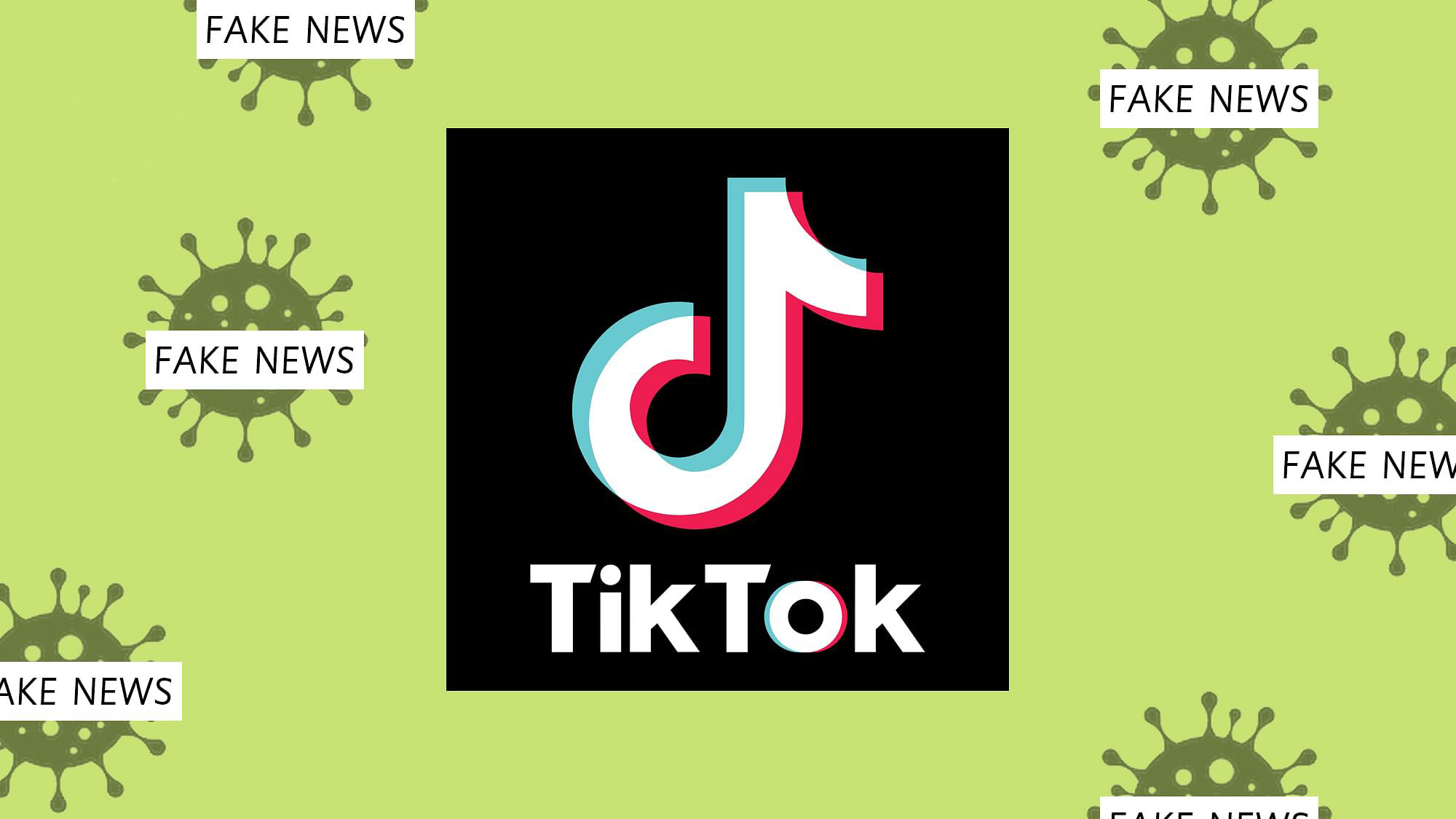In an age when the majority of Americans get their news from digital platforms and where misinformation about a pandemic is spreading just as fast as the virus itself, digital media literacy is more important than ever. Recent studies have found that popularly used social media platforms like TikTok and Facebook have been central to the spread of misinformation, particularly about COVID-19 and its vaccines.
Young people are constantly bombarded with information across various platforms. According to a Pew Research study, over 80% of Americans get their news from a digital device. While accessibility to media is not inherently bad, studies have found that despite young peoples’ high exposure to information, many are unable to think critically and examine media presented to them. In 2019, researchers at Stanford discovered that 96% of high schoolers were unable to detect incorrect information from an unreliable source. Indeed, a high exposure to information and a poor ability to tell fact from fabrication is conducive to the spread of misinformation within American society.
High schoolers’ inability to detect fake news on the internet indicates an urgent need for schools to teach young people how to be intelligent consumers of news and information. Improving young peoples’ digital skills are even more important when one considers the misinformation spreading throughout social media about the deadly pandemic. Recently, the entertainment app TikTok has come under scrutiny for allowing the spread of misinformation about COVID-19.
Roughly half of all Americans aged 18–29 use TikTok – a portion that has likely to have increased as the platform’s popularity surged during 2021. Now used by over 1 billion people globally, the highly addictive entertainment app is home to dance trends, recipes, memes, and a variety of comedic videos, but it has also been used as a vessel for misinformation.
A recent study by Media Matters has found that despite community guidelines that specifically prohibit “misinformation related to COVID-19, vaccines, and anti-vaccine disinformation,” TikTok’s algorithm frequently amplifies lies about COVID-19 and vaccines to its user base. This revelation comes after the social media platform’s announcement of its commitment to promoting better media literacy.
Despite TikTok’s guidelines and affirmations of its commitment to promoting digital media literacy, misinformation is extremely prevalent on the platform, providing anti-vaccination and COVID conspiracy theories to anyone who might seek them out. This is especially bad, considering the surge of COVID cases in the United States due to the Delta Variant and high rates of vaccine hesitancy.
The study by Media Matters was revealing both in its exposure of TikTok’s skewed algorithm and the prevalence of anti-vaccine sentiments and COVID conspiracy theories on the platform:
“To test this, Media Matters reviewed and tracked which videos TikTok’s algorithm recommended to our “For You” page (FYP) after engaging with anti-vaccination and COVID-19 misinformation by watching the relevant videos in full and liking them. After engaging with this content, our algorithm quickly began filling the FYP feed with almost exclusively anti-vaccination and COVID-19 misinformation videos.”
Of course, the spread of misinformation is not limited to TikTok. Facebook, Twitter, and many other social media platforms have contributed to the prevalence of COVID misinformation. While there is a responsibility for social media platforms like TikTok to regulate their content, it is also important for people to be literate enough to identify dubious information.
Young people must be formally taught how to consume digital media carefully and conscientiously; they must be provided with the tools to identify fact from fiction, lest dangerous misinformation continues to spread unhindered.
Image via The Quint

